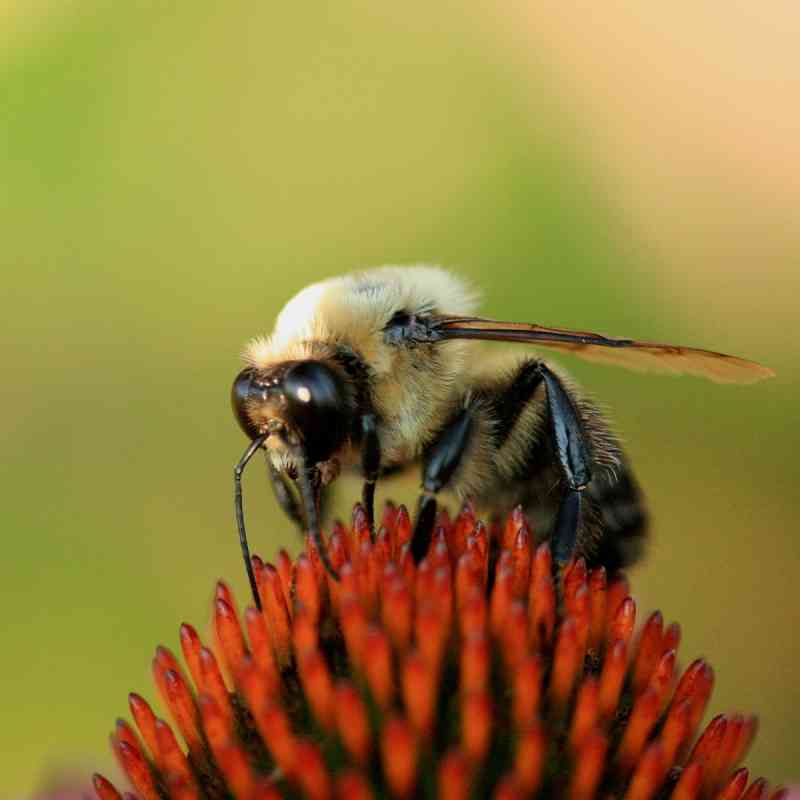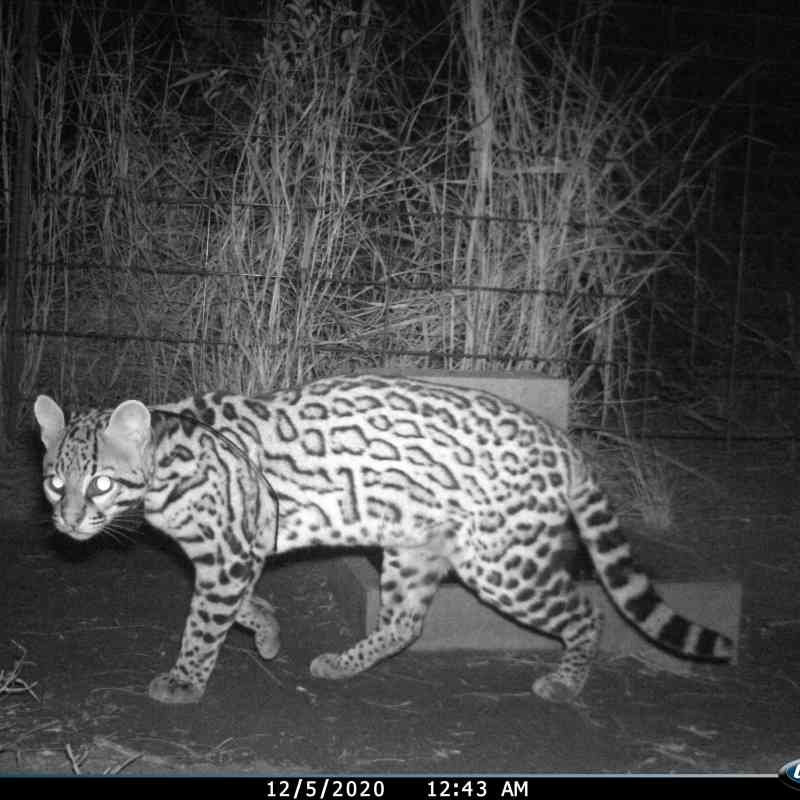The Xerces Society for Invertebrate Conservation, Defenders of Wildlife, Natural Resources Defense Council and Dr. Robbin Thorp today submit a citizen petition to the U. S. Department of Agriculture’s Animal and Plant Health Inspection Service (APHIS) requesting the Secretary to take action to regulate the movement and health of commercial bumble bees.
Read the petition
Recent work by Dr. Robbin Thorp and The Xerces Society has established that at least four species of formerly common North American bumble bees have experienced steep declines; two of those species teeter on the brink of extinction. A major threat to the survival of these wild bees is the spread of diseases from commercially produced bees that are transported throughout the country.
“The federal government does not regulate the movement of bumble bees throughout the United States, nor does it certify that bumble bees that are moved be free of diseases,” said Sarina Jepsen, endangered species program director of the Xerces Society for Invertebrate Conservation. “However, this petition clearly shows that the U.S. Department of Agriculture’s Animal and Plant Health Inspection Service has the authority to regulate the interstate movement of bumble bees under the Plant Protection Act and two other laws.”
Bee pollination is essential to the reproduction of many crops and native flowering plants, and pathogens of bumble bees can act as indirect plant pests that pose a significant threat to agriculture and native ecosystems. “It is critical that we use our managed pollinators wisely for the benefit of agriculture and that we ensure the protection of our non-managed pollinator resources,” said Dr. Robbin Thorp, a bumble bee researcher and professor emeritus of U.C. Davis.
In order to prevent the spread of disease to wild populations of agriculturally significant bee pollinators, petitioners ask APHIS to use its regulatory authority, outlined in this petition, to regulate commercial bumble bees. Specifically, APHIS should create rules prohibiting the movement of bumble bees outside of their native ranges and regulate interstate movement of bumble bee pollinators within their native ranges by requiring permits that show that bumble bees are certified as disease-free prior to movement.
“In the U.S., pollinators, including bumble bees, provide essential services estimated at $3 billion annually,” said Robert Irvin, senior vice president of conservation policy at Defenders of Wildlife. “With some precautionary efforts in place, we can protect our native bee populations so they can continue to pollinate native plants and important food crops.”
“The rusty patched bumble bee, the western bumble bee, the yellow banded bumble bee and Franklin’s bumble bee are all threatened by disease spread from commercially reared bumble bees. Franklin’s bumble bee and the rusty patched bumble bee may be headed for extinction,” said Scott Hoffman Black, executive director of the Xerces Society. “We hope to work with USDA-APHIS to enact common sense regulations that ensure these and other bumble bee species are adequately protected.”
To read more about declining bumble bees, please visit the Xerces Society’s Web site.
Learn more about what Defenders is doing to help pollinators.
Defenders of Wildlife is celebrating 75 years of protecting all native animals and plants in their natural communities. With a nationwide network of nearly 2.2 million members and activists, Defenders of Wildlife is a leading advocate for innovative solutions to safeguard our wildlife heritage for generations to come. For more information, visit defenders.org/newsroom and follow us on Twitter @Defenders.


